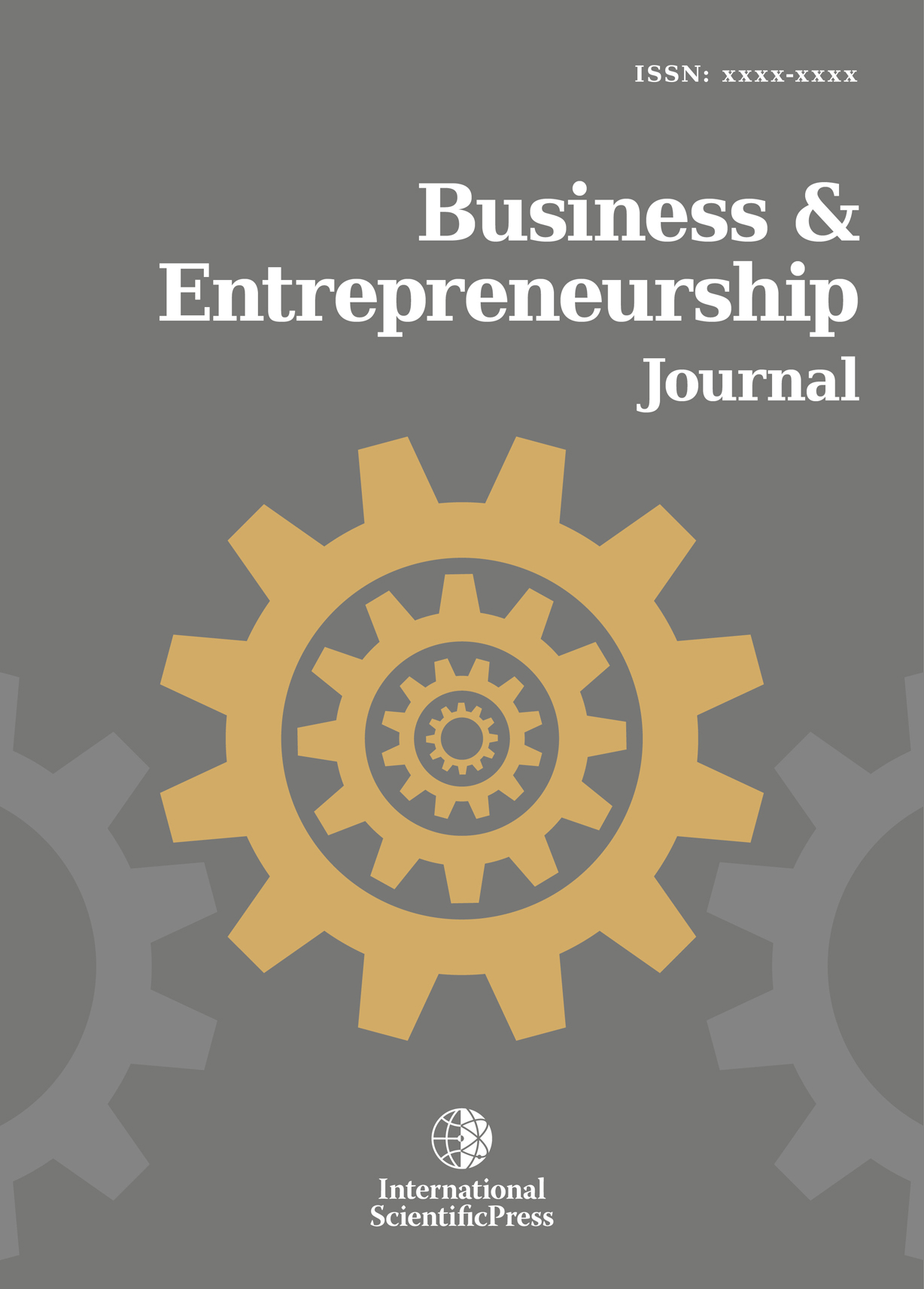Business & Entrepreneurship Journal
Success Factors of Corporate Accelerators
-
 [ Download ]
[ Download ]
- Times downloaded: 8935
Abstract
Corporate accelerators have become an important form of corporate-start-up collaboration. According to [1] mm1 (consultancy for Connected Business), two-thirds of all DAX 30 companies in Germany engaged with start-ups via an accelerator in the year 2020. Despite the clear importance of this phenomenon, there is still a lack of understanding of the concrete factors that determine their success. Corporate accelerators can be designed in different ways but business executives are still in the dark about the consequences of these design decisions on the performance. The aim of present study is to determine success factors of a selected set of corporate accelerators based on qualitative data. A database of 109 corporate accelerators was collected from which all Germany based programs (28) were analysed in greater detail regarding their performance and program design. Hereby, the study tests the statistical relevance of 14 potential success factors identified via literature review conducted on the matter. The results show that especially five factors have a significant positive correlation to a corporate accelerators success:
The existence of corporate partners.
A demanding selection process that contains selection days for shortlisted start-ups.
A larger amount of start-ups per batch.
The obligation for start-ups to be physically present in the facilities for the time of the program (Pre Covid19).
The incorporation of metrics to track the progress of participating start-ups.
JEL classification numbers: O31.
Keywords: Acceleration programs, Corporate acceleration, Corporate entrepreneurship, start-ups, Corporate incubators.
